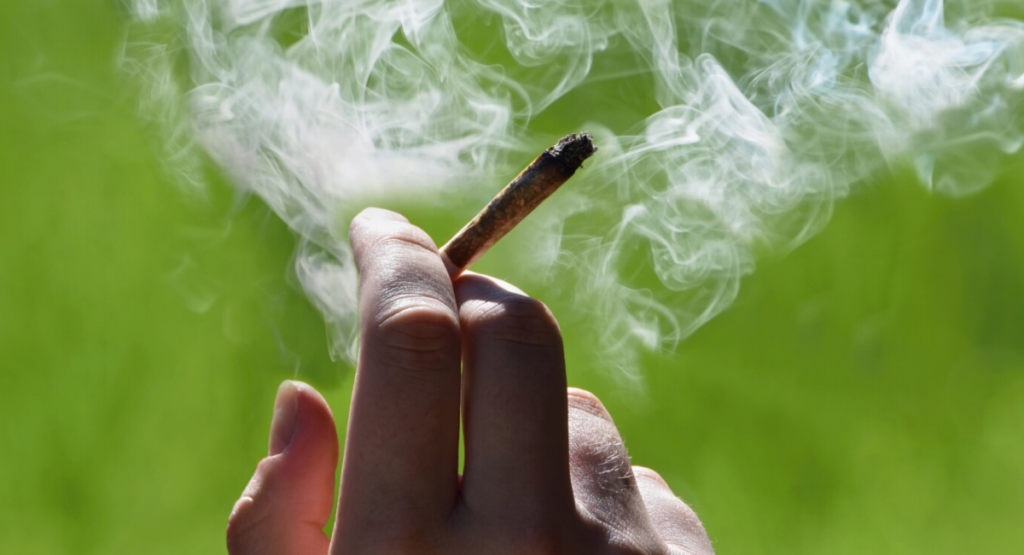The city of Duluth, Minnesota has approved an ordinance banning all forms of smoking, including cigarettes, cannabis, and vaping, in all public city parks. The measure aims to protect clean air for park users but has drawn some opposition.
Under the policy, smoking is restricted to sidewalks, streets, and private property outside of designated park boundaries. The council also plans to lower initial fine amounts for violations from the original $300 proposed.
Duluth is one of the first cities in Minnesota to enact such a broad public smoking ban following the state’s legalization of recreational cannabis. The ordinance does not prohibit other forms of cannabis consumption like edibles in parks.
Concerns Over Enforcement and Equity
Some residents expressed concerns over how the smoking ban will be enforced and potential disproportionate impacts on marginalized communities.
Councilmember Azrin Awal voted against the measure, citing worries about taking away newly granted cannabis usage rights and the impact on lower-income residents without private outdoor space.
However, police data showed few citations issued for previous limited tobacco smoking bans. Fines for first violations are also likely to be lowered to between $25 and $75 after an initial $300 penalty faced opposition.
Aiming to Protect Public Health
Supporters like Councilmember Roz Randorf argued the ban is necessary to protect the health and enjoyment of all park users.
Exposure to secondhand smoke, especially for children and those with medical conditions, was a key rationale cited. Banning smoking aims to ensure clean air while allowing it to continue in permitted public areas outside park limits.
The ordinance does not completely prohibit smoking, as event organizers can still apply for designated smoking areas during permitted festivals.
Ongoing Local Debate Expected
As other Minnesota cities consider similar measures, the Duluth ordinance illustrates some of the tensions and issues arising from wider smoking bans, even with allowances made for event permitting.
Concerns around over-policing and equity impacts will likely continue being raised and debated. Cities must weigh these considerations against potential public health benefits from reduced smoking exposure in shared community spaces.
With comprehensive clean air policies still relatively new, striking the right balance remains an evolving public policy challenge.
- Myanmar Enacts Total Ban on E-Cigarettes and E-Shisha - February 25, 2026
- UK Announces Mandatory Vape Tax and Duty Stamps from 2027 - February 10, 2026
- Sri Lanka Travel 2026: Total Ban on Cigarettes & Vapes - February 5, 2026


